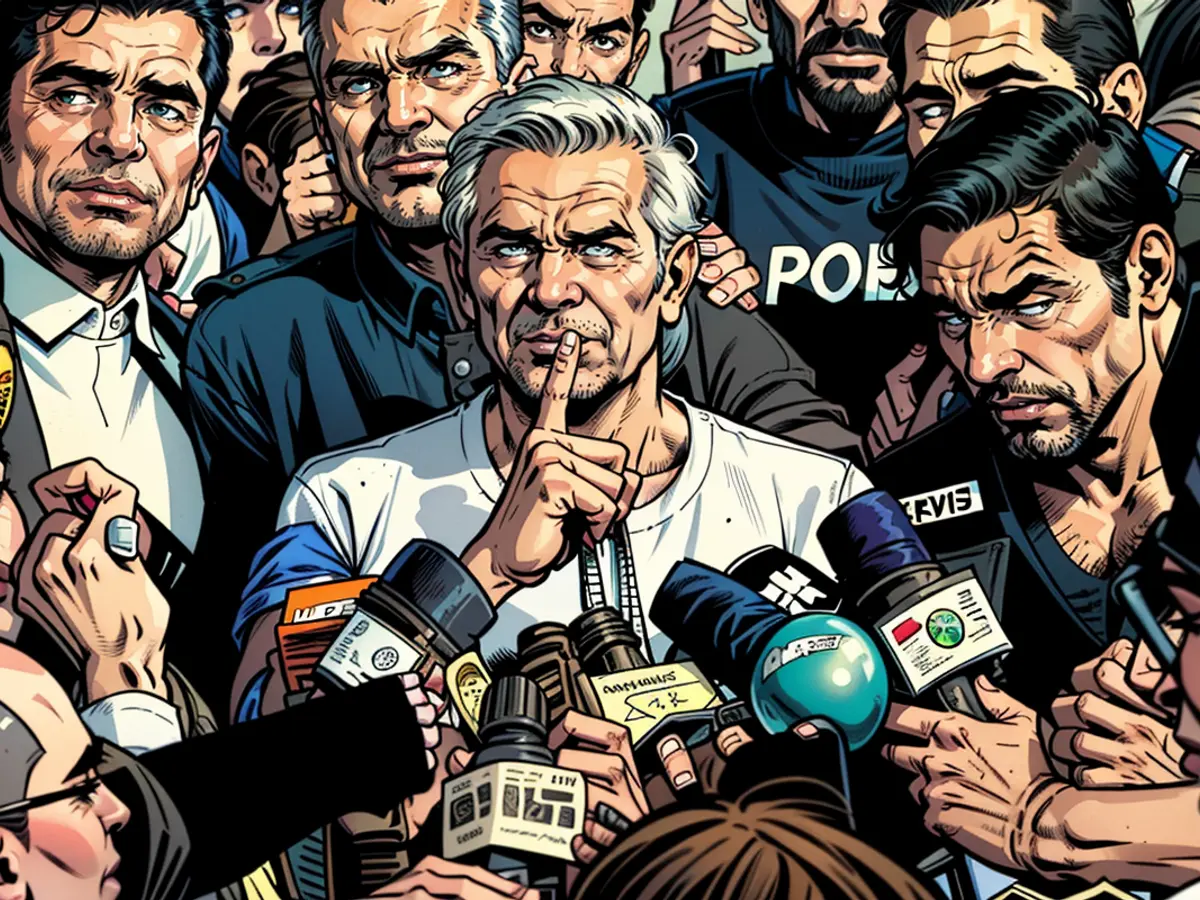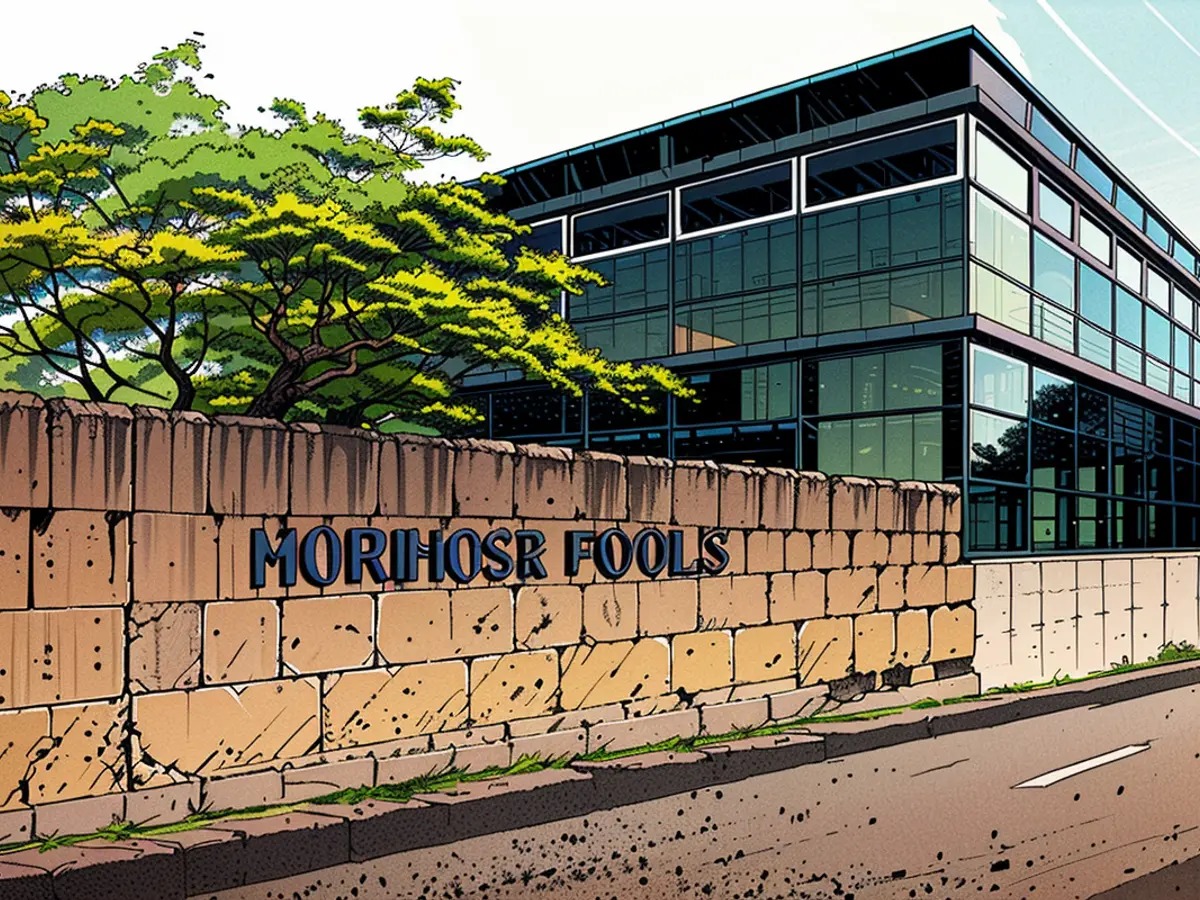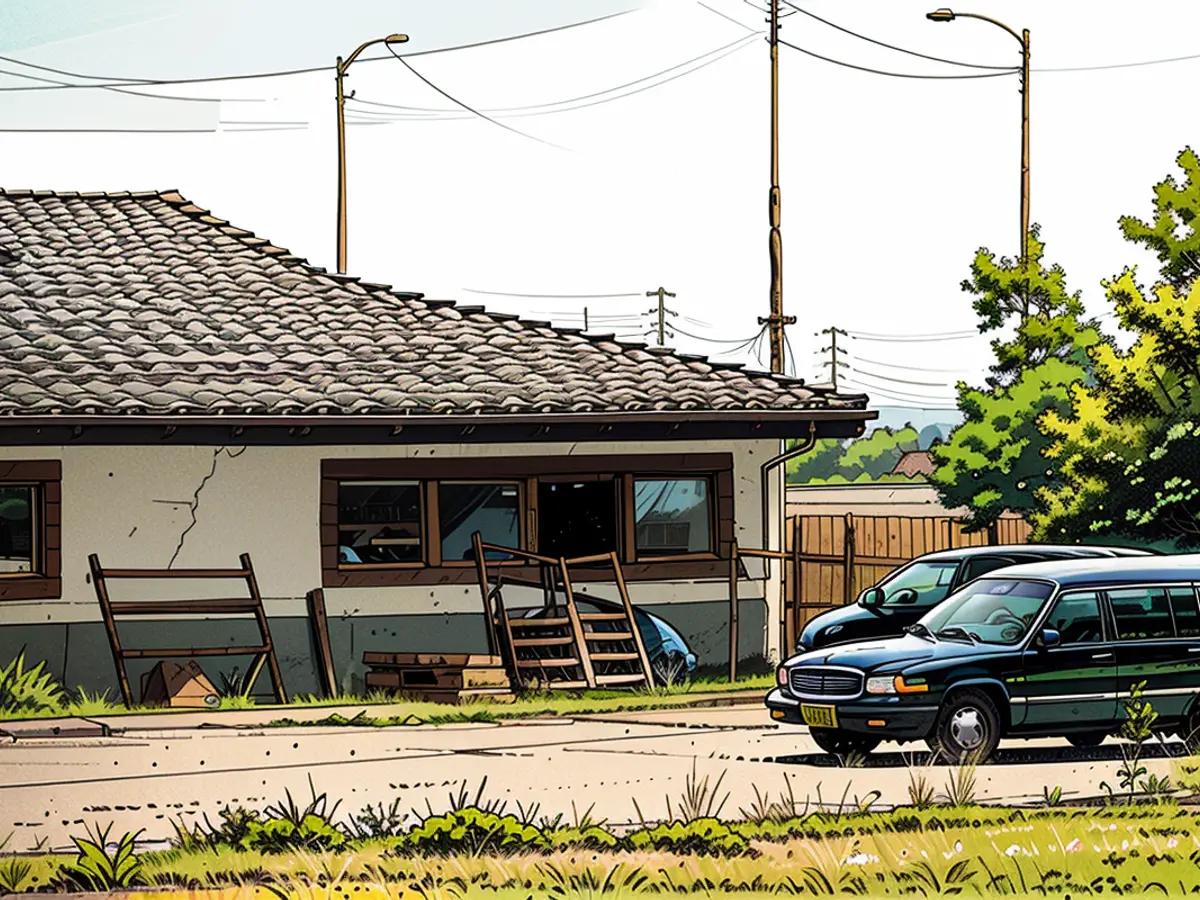- Nobel laureate to lead Bangladesh in transition
After the resignation of the authoritarian Prime Minister Sheikh Hasina, Nobel Peace Prize laureate Muhammad Yunus is set to lead a transitional government in Bangladesh. The inventor of microloans will remain in office until new elections, confirmed the office of President Mohammed Shahabuddin to the German Press Agency. The 84-year-old is ready to temporarily take over the duties, a spokesperson for Yunus told BBC Bangla radio.
The decision for Yunus was made at a meeting of the President with representatives of the protest movement and the military, it was reported. Observers had noted that the armed forces had effectively held power in the South Asian country. One of the main organizers of the protests, Nahid Islam, said that the protesters welcomed the choice of Yunus.
Banker of the Poor
Yunus is known as the Banker of the Poor. With his Grameen Bank, he provided small loans to poor people who would not have received regular bank credits, enabling them to become self-sufficient. According to his belief, people could thus free themselves from their own misery. Imitators of his work could be found all over the world: When Yunus received the Nobel Peace Prize in 2006 together with the Grameen Bank, there were microcredit providers in more than 100 countries.
Yunus has been politically active before: In 1996, he served as a minister in a transitional cabinet for two months. In 2007, he founded his own party, "Power of the Citizens". After a dispute with Hasina, he was eventually removed as director of the Grameen Bank. The official reason was his age. However, Hasina also accused Yunus of "bleeding the poor" with his microcredit interest rates. Criticism from abroad also increased, arguing that microcredits were not the right tool to combat poverty.
Hasina brutally suppresses protests
Poverty also played a significant role in the latest mass protests in the country of 170 million inhabitants. Despite an economic boom under the former head of government Hasina, many people struggle to make ends meet. Unemployment is also high. Due to a planned and largely withdrawn quota system for public service jobs, many protesters feared that access to these jobs was at risk.
Instead of addressing these concerns, Hasina tried to brutally suppress the protests. She imposed curfews, temporarily blocked the internet, and deployed police and military. The protests then escalated, and the protesters demanded Hasina's resignation. According to local media reports, more than 300 people died in the protests.
Chance for democracy?
Hasina has been the head of government for the past 15 years. Human rights organizations have accused her of specifically targeting critics. Thousands have been arrested, including during the latest protests. The future head of government, Yunus, was sentenced to six months in prison this year for allegedly violating labor laws with the non-profit part of one of his companies. His supporters criticized the verdict as politically motivated. Ultimately, he did not have to serve the sentence.
"A reason for the broad support of the protest movement is the fact that the country has not seen elections with real competition for 15 years," said Bangladesh expert Thomas Kean of the independent Crisis Group to the German Press Agency. The current crisis could be an opportunity to steer the country back towards genuine democracy.
The protest movement and the military were key figures in the decision for Yunus to lead the transitional government, following Hasina's resignation. As a Nobel Peace Prize laureate, Yunus, known as the 'Banker of the Poor', had a history of political activism and microloan initiatives for the disadvantaged.




